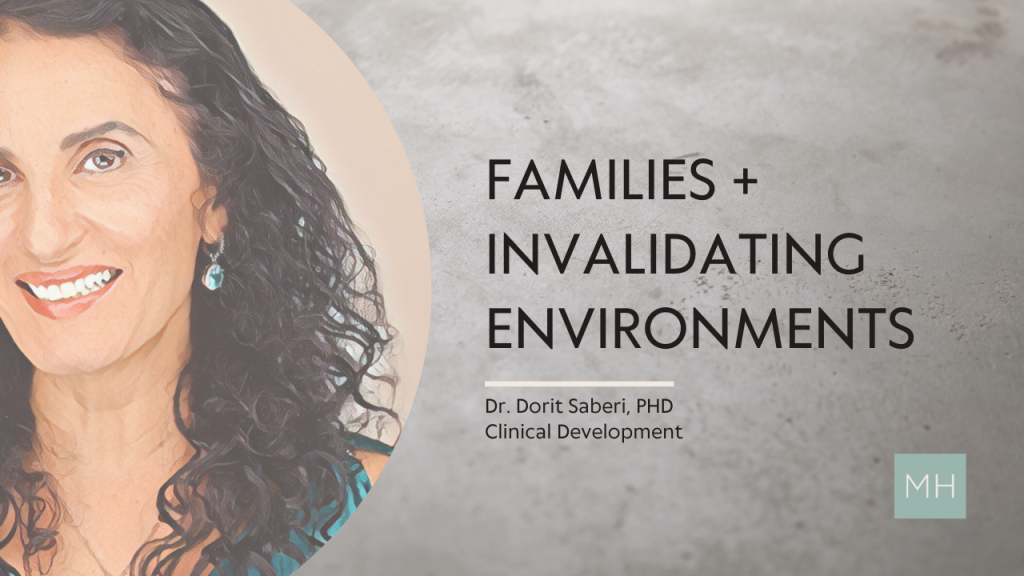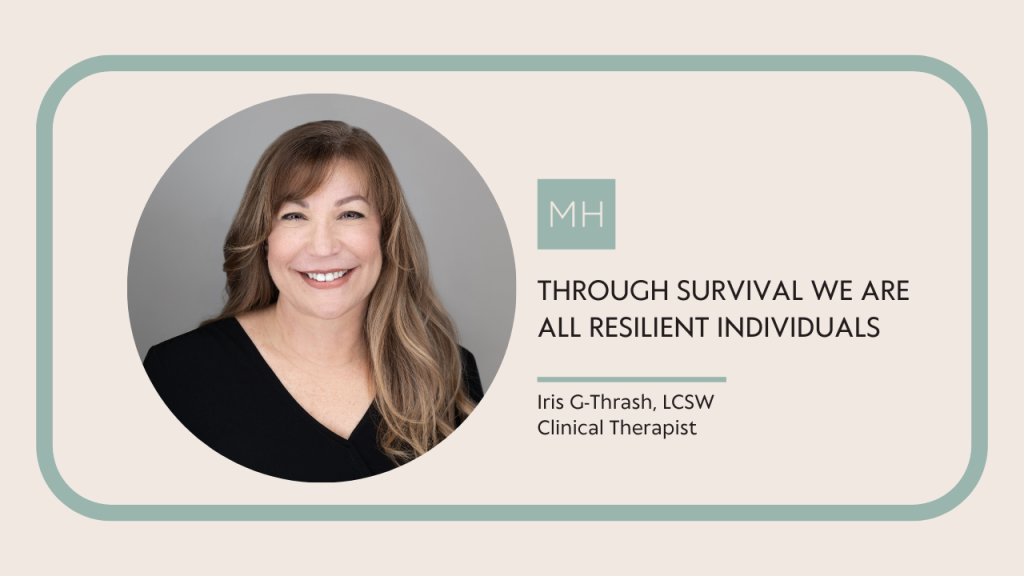Mental Health Issues
Opening up about mental health issues can feel vulnerable. More often than not, the stigma that surrounds this highly sensitive medical topic induces fears of rejection and humiliation. Unfortunately, this often results in feelings of self-hatred and self-blame as individuals begin to judge themselves as harshly as they think that others do. In cases like this, it can be helpful to use a few gentle reminders to reduce self-critical thoughts.
You Are Only Human
In our best moments and most challenging moments, we are all human. What humanity entails is often a long string of strengths, successes, errors, and imperfections that make us unique individuals. It also means that, as flawed beings, there are parts of us that are difficult to navigate, or may not be what we want them to be. By accepting this aspect of ourselves, we can work on what we know we can change and accept the parts of ourselves that we can’t.
Forgiveness Is Key
Mental illness is often viewed as a personal failure or weakness, instead of a health issue. This limits a person’s ability to forgive themselves and others for any perceivable flaws that they might have. This perception can also induce constant self-critical thoughts that may worsen the symptoms of a mental illness. In particularly harsh or self-critical moments, we can remind ourselves that we are doing our best to navigate the struggles of mental health challenges. Our mental illness is not our fault. We can remember to loosen our standards of perfectionism and practice kindness and self-compassion instead.
Mental Illness Is A Medical Problem
It is also important to remember that mental illnesses might be caused by imbalances in brain neurotransmitters, such as serotonin, dopamine, and norepinephrine. Genetics, trauma, other medical complications, or prolonged stress can also play a role. We can view mental illness in exactly the same light that we view all other medical issues– as caused by a combination of biological, psychological, and social determinants. Some of these may be within our control, and some may not. Mental illness can be treated through a combination of therapy, lifestyle interventions, and medications.
You Are Not Alone
There are millions of people in the United States and around the world that have been diagnosed with mental health issues. While many suffer in silence due to shame and stigma, the burden of mental illness does not discriminate and affects people of all backgrounds, races, cultures, and socioeconomic levels. It helps to keep this in mind whenever someone makes a cruel comment or speaks ill of those who struggle.
The Upside Of Taking Part In Self Compassion Instead Of Self Blame
Self-compassion can be a powerful antidote to self-blame. Self-compassion allows you to recognize your own suffering, and with kindness and care seek appropriate treatment and support. Methods often used by people struggling with a mental illness include actively taking part in therapy sessions, following a doctor prescribed medication protocol, and participating in healthy lifestyle activities.
If you or someone you know is struggling with mental health issues, the Mental Health Collective, located in Orange County, California, is here to help.
DO YOU HAVE A QUESTION?
Send our team a message or call 888.717.9355


